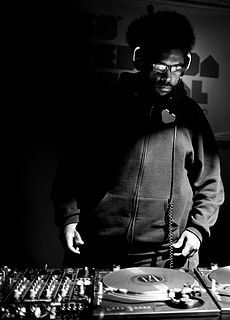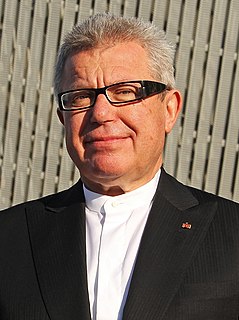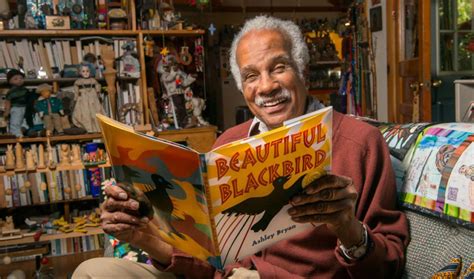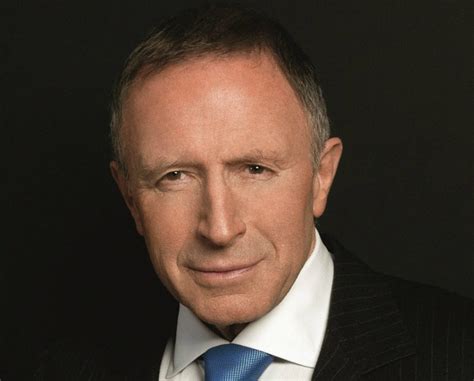A Quote by Debra Monroe
Historians will look back on this era and how the Internet changed what we value, what we consider art, the way we think, the way we define what it means to be human. In Sincerity and Authenticity, Lionel Trilling describes the changes that occurred between about 1850 and 1920, due to the Industrial Revolution and the resulting migration of people from small communities to relative anonymity in cities. Because of that paradigm shift, ideas about what it means to be an individual underwent a transformation that leeched into all areas. Art, psychology, history, marriage, gender.
Quote Topics
About
Anonymity
Areas
Art
Authenticity
Back
Because
Between
Changed
Changes
Cities
Communities
Consider
Define
Due
Era
Gender
Historians
History
How
Human
Ideas
Individual
Industrial
Industrial Revolution
Internet
Look
Marriage
Means
Migration
Occurred
Paradigm
Paradigm Shift
People
Psychology
Relative
Revolution
Shift
Sincerity
Small
Small Communities
Think
Transformation
Value
Way
What It Means To Be Human
Will
Related Quotes
What it means to be human is to bring up your children in safety, educate them, keep them healthy, teach them how to care for themselves and others, allow them to develop in their own way among adults who are sane and responsibile, who know the value of the world and not its economic potential. It means art, it means time, it means all the invisibles never counted by the GDP and the census figures. It means knowing that life has an inside as well as an outside. And I think it means love.
Marriage is a unified institution. Marriage means a committed, legally sanctioned relationship between a man and a woman. That's what it means. That's what it means in the revelations. That's what it means in the secular law. You cannot have that marriage coexisting institutionally with something else called same-gender marriage. It simply is a definitional impossibility.
History is not just about dates and quotations. And it's not just about politics, the military and social issues, though much of it of course is about that. It's about everything. It's about life history. It's human. And we have to see it that way. We have to teach it that way. We have to read it that way. It's about art, music, literature, money, science, love - the human experience.
People think of art and science as being fundamentally opposed to each other, because art is about celebrating individual human creativity, and science is about discovering general principles, not about individual people. But in fact, the two have a lot in common, and the creative spirit is similar in both.
The new shift in thinking is the gateway to human transformation. And because of the sheer number of people involved in this shift, and the growing magnitude of the crises that are driving us to change the way we think, we are standing on the threshold of human transformation at a level unlike anything ever before known on Earth.
Resistance here doesn't mean revolution. It doesn't mean storming the barricades. Resistance means using art for the things that it does best, which is to create human portraits and communicate ideas and forge a climate where people of different races or classes are known to you because they make themselves known. In the simplest terms, art humanizes. It opens the circuit of empathy. And once that process happens, it's that much harder to think of people as part of a policy or a statistic. Art reverses the alienation that can creep into society.
If I go into a museum, it doesn't matter how often a work of art has been written about or thought about, I am going to discover something that is my own, which will be new. You always must be discovering, rediscovering. That's what the world of art means. It means constant mystery in the discovery, the rediscovery.
The iPod is clearly a tipping point (and I'm not quite sure it is a wholly positive development), because it is a revolution in the way that we consume creative property, which I would call art. It has radically changed the relationship between the artist and the audience, how money changes hands, and how much money changes hands. Music was the first, and books are coming next. The Kindle or some form of electronic book is clearly inevitable, and it will massively reshape how books are sold, who pays for them, and how they're consumed. It is going to be really fascinating.
Art has a way of confronting us, of reminding us, of engaging us, in what it means to be human, and what it means to be human is to be flawed, is to be contradictory, is to be often weak, and yet despite all of these what we would consider drawbacks, that we're also quite beautiful. Spin is the opposite.
I think a lot of people are involved in art because of the fashion of art and the conversation. It gives them a certain sophistication, something to speak about. But art is, if it's conceptual, really about understanding the concept. And if it's beautiful, it's about seeing the beauty. It's gone much further than that now. There's too much commercialism attached to art. If the market cracks one day big-time, you'll frighten so many people away who will never come back. Because they don't really feel for art. People who buy art should want it because they love it, they want to enjoy it.
The way I make art - the way a lot of people make art - is as an extension of language and communication, where references are incredibly important. It's about making a work that is inspired by something preexisting but changes it to have a new value and meaning that doesn't in any way take away from the original - and, in fact, might provide the original with a second life or a new audience.
I work in the field of art, and you know how during a period of Marxist ideology, fewer people are inclined to believe in the power of the culture as a whole: they believe in the revolutionary potential of economics, class struggle theory.. ..Therefore it's time to show that art means the power of creativity, and it's time to define art in a larger way, to include science and religion too..(1973







































